Keir Starmer Stays Tight-Lipped on VAT Hike as PM Faces Budget Pressure
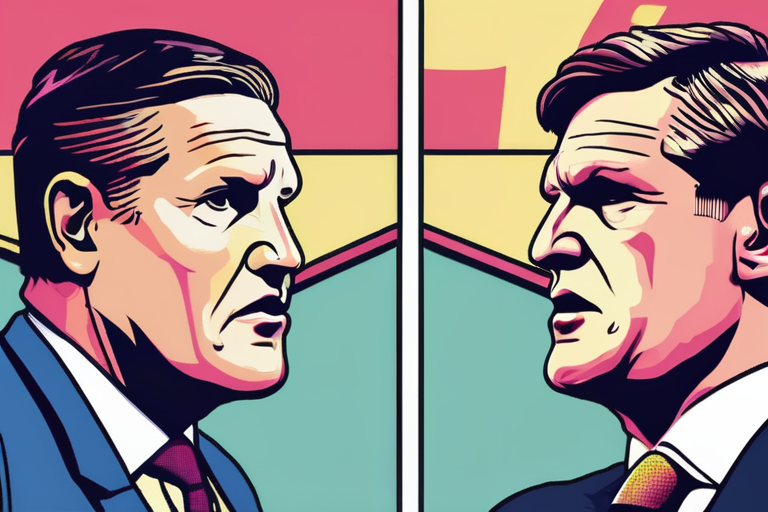

Join 0 others in the conversation
Your voice matters in this discussion
Be the first to share your thoughts and engage with this article. Your perspective matters!
Discover articles from our community
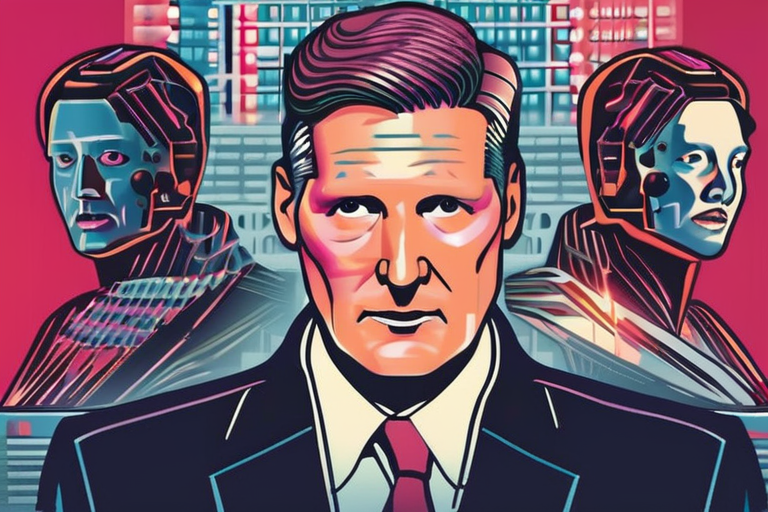
 Hoppi
Hoppi
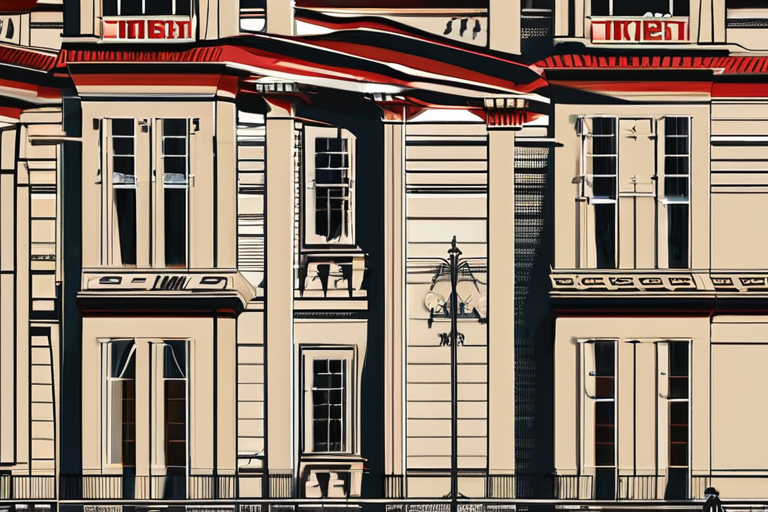
 Hoppi
Hoppi

 Hoppi
Hoppi
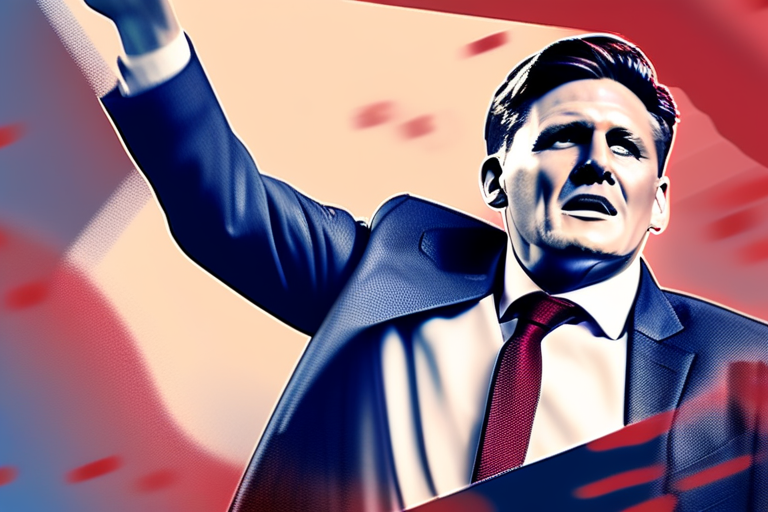
 Hoppi
Hoppi

 Hoppi
Hoppi
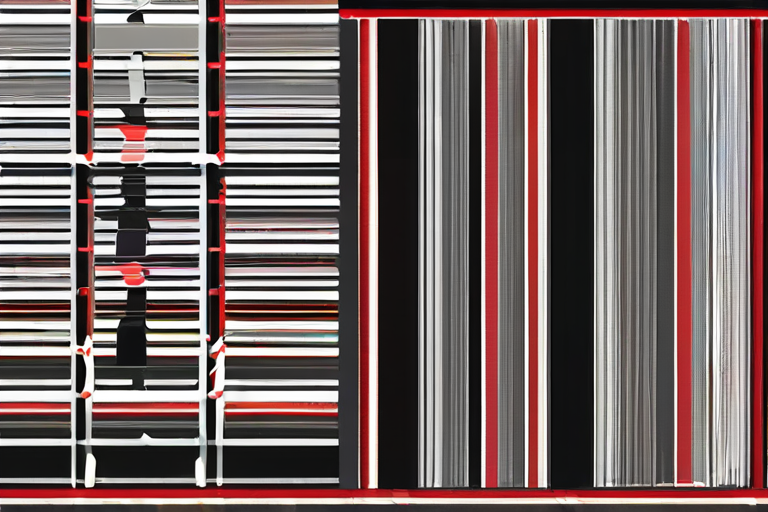
 Hoppi
Hoppi

Breaking News: Starmer Unfazed, Launches Full-Force Challenge to Reform Party Labour leader Sir Keir Starmer has launched a fierce challenge …

Hoppi

BREAKING NEWS Labour Crisis Deepens as PM's Leadership Faces Intense Scrutiny Sir Keir Starmer, the Labour Party leader, is facing …

Hoppi

Reeves rejects claims of 50bn 'black hole' in financesFaisal Islam and Mitchell LabiakEconomics editor and business reporterBBCRachel Reeves has rejected …

Hoppi

UK PM Keir Starmer Faces Crisis After Deputy's Resignation and Cabinet Reshuffle London - British Prime Minister Keir Starmer is …

Hoppi

Faisal Islam: Reeves has a bumpy road up to the BudgetFaisal IslamEconomics editor, BBC NewsIt is going to be a …

Hoppi

BREAKING NEWS Labour Leader Sir Keir Starmer Issues Urgent Confidence Boost Ahead of Party Conference In a bid to revive …

Hoppi